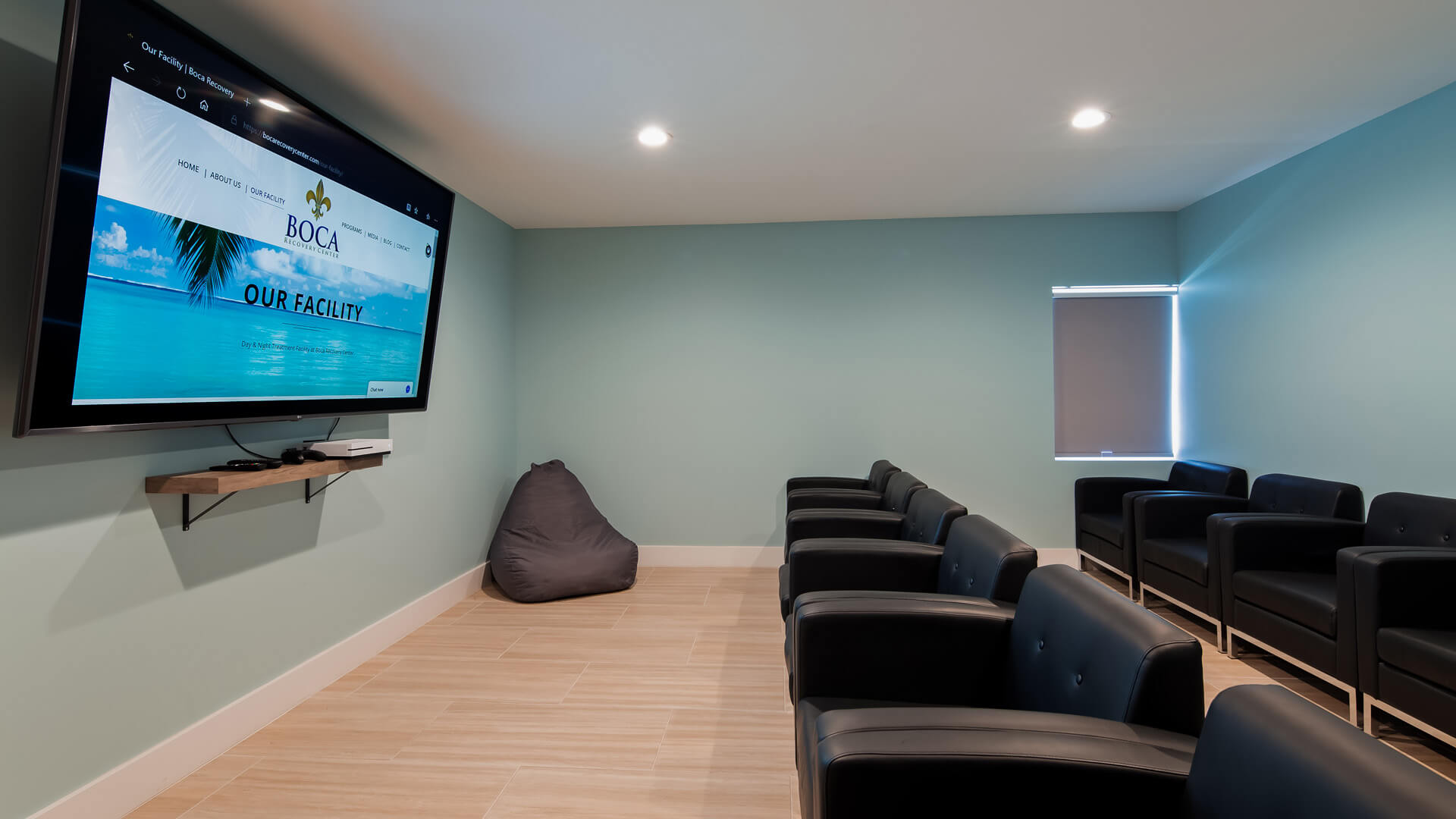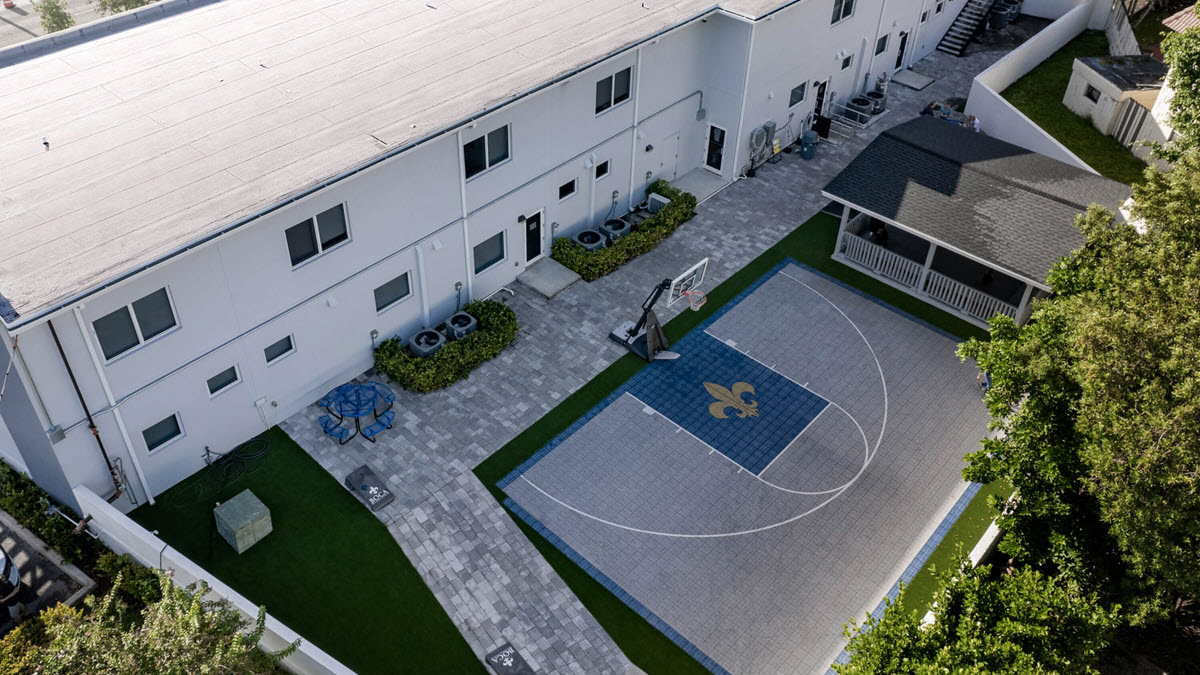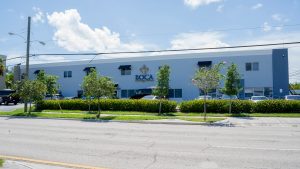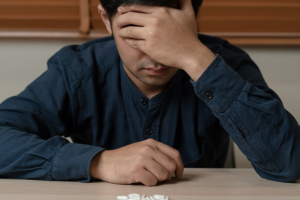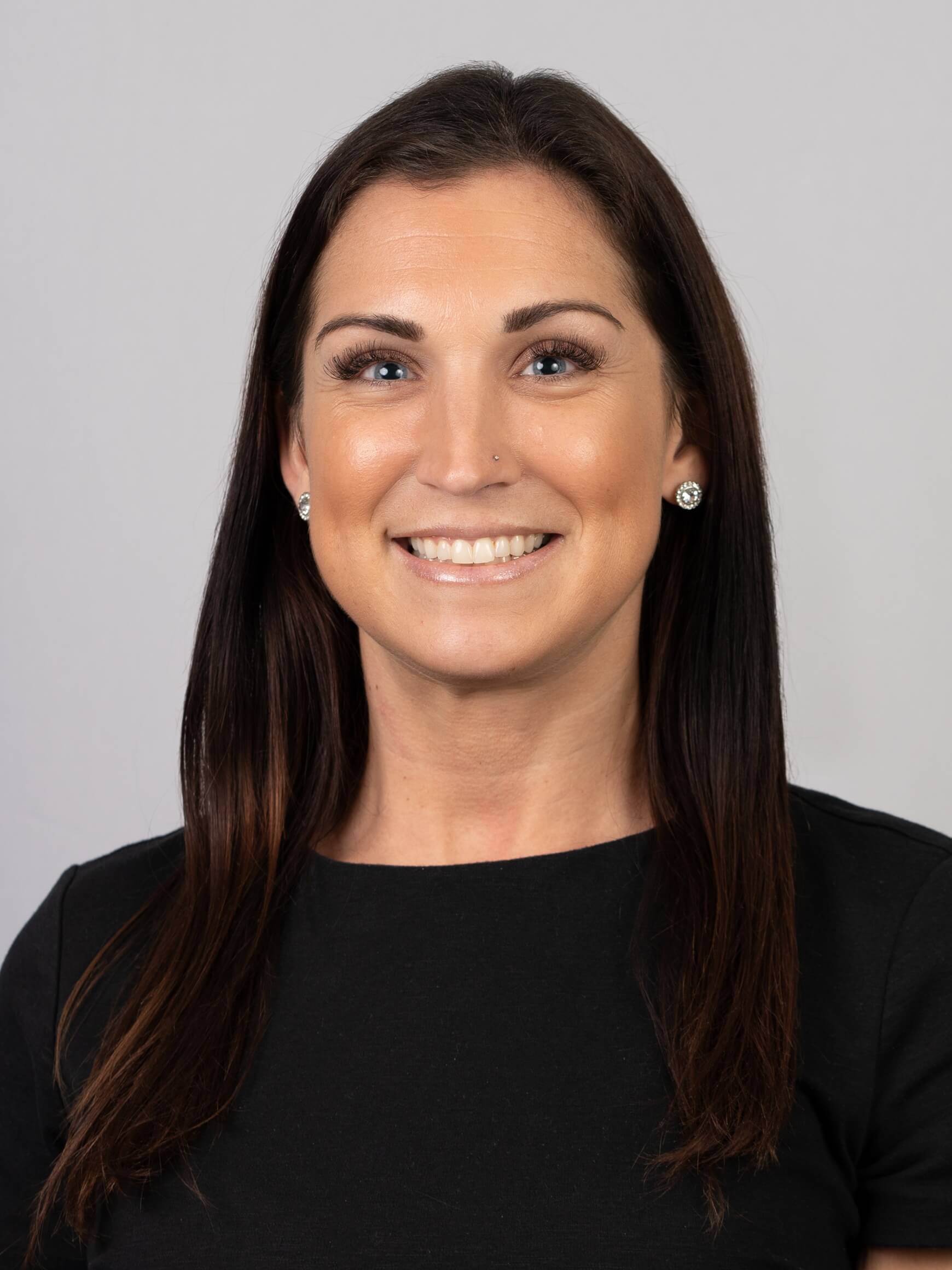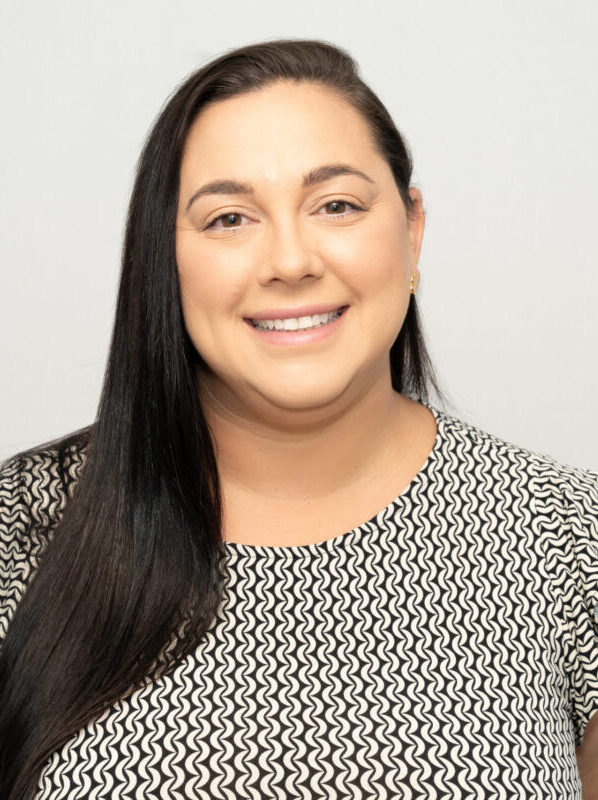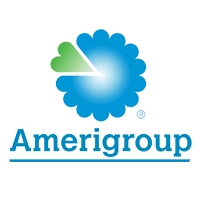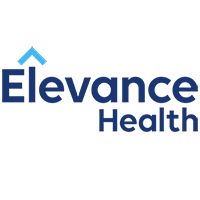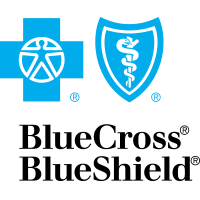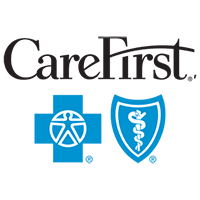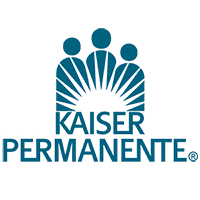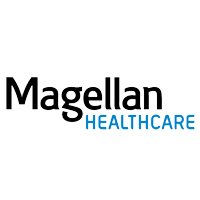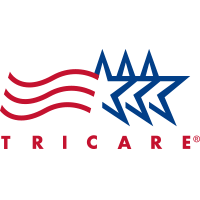Alcohol
If you suffer from chronic alcohol abuse, medical intervention is the safest way to help ease your body off of its chemical dependency. At Boca Recovery, we apply evidence based therapies to help you overcome alcohol addiction. Supervised medical detox is offered in both inpatient and outpatient settings and holistic therapies are weaved into your individualized treatment plan so you’re supported in the exact way you need.
Alcohol Rehab in South Florida
Break free from alcohol addiction at Boca Recovery Center in Pompano Beach. Our accredited alcohol rehab facility offers personalized treatment plans, including medical detox, residential care, and evidence-based therapies, all in a supportive environment. Start your journey to lasting recovery with compassionate experts by your side.
Opiates
You don’t have to overcome your opioid dependency alone. The highly experienced and trained staff at Boca Recovery is here to support you through an opioid struggle including addictions to fentanyl, heroin, prescription drugs, and other chemical dependencies. Medically supervised detox is used alongside MAT, targeted counseling, and holistic therapies to help you build recovery skills for a sober future.
Opiate Addiction Treatment in South Florida
Break free from opioid addiction at Boca Recovery Center in Pompano Beach. Our expert-led, evidence-based programs combine medical detox, medication-assisted treatment (MAT), and personalized therapy in a safe, supportive environment. With FDA-approved medications like buprenorphine and Vivitrol, we help you manage withdrawal and rebuild your life with confidence.
Amphetamines
Amphetamines are powerful stimulants that impact your central nervous system. Whether you were prescribed amphetamines or have become dependent on recreational variations such as methamphetamine, abusing these drugs can have life altering consequences. You can work through your chemical dependency with support services including medical detox, structured inpatient care, and holistic healing at Boca Recovery Centers.
Benzodiazepines
Commonly prescribed for anxiety and sleep disorders, benzodiazepines are incredibly powerful sedatives when used appropriately. However, if you've struggled with a dependency on these drugs, seeking out appropriate care is critical. The inpatient treatment services at Boca Recovery combine medical detox, rehabilitative care, and aftercare support so that you’re supported in the way you need as you work toward a sober, healthy lifestyle.
Prescription Drugs
When you’re ready to take the next step and overcome your prescription drug dependency, you can turn to the supportive team at Boca Recovery Centers. We combine our evidence-based therapies including medical detox and MAT with mindfulness, medicine, and recreational activities so that you can have a strong start to your recovery.
Cocaine
Cocaine is a fast acting stimulant that results in elevated energy levels and feelings of euphoria, but it can devastate your mental and physical well being. You can break free from your cocaine dependency with the supportive team at Boca Recovery Centers. We offer medical detox, MAT, behavioral therapy, and holistic support so you can take back your life with recovery skills that will help you succeed.
Stimulants
Addictions to stimulants including cocaine, methamphetamine, prescription drugs, and other substances speed up brain activity, causing feelings of euphoria and high energy levels. Yet after these feelings fade, you may experience feelings of sadness, hopelessness, and loss of control. Work through these emotions and overcome your addiction to stimulants with comprehensive care including behavioral and holistic therapy at Boca Recovery Centers.
Hallucinogens
Hallucinogens can impact your perception of reality. With continued use, they can cause a dependency that will gradually impact your ability to lead an independent lifestyle. Taking the first step toward recovery can be difficult, but at Boca Recovery Centers, our individualized treatment plans are rooted in compassionate care that employs the latest treatment methodologies, MAT, holistic healing, and social recreational activities so that you can rebuild your life.
Depression
Depression doesn't discriminate. If your depressive episodes coexist alongside substance use struggles, the supportive team at Boca Recovery Centers can help. Taking a person-focused approach to care, our medical team and therapists employ the latest treatment approaches including medication support, behavioral therapy, and holistic healing, among other services. Discover how our inpatient treatment programs offer a positive environment for you to work through these complex emotions.
PTSD
If you’re battling PTSD that’s resulted from a traumatic event, time in service, loss, and other adverse life experiences, Boca Recovery Centers can help. Our supportive medical and mental health team takes a person-focused approach to recovery that combines therapy, medication support, and specialized care. Focused treatment tracks for veterans provide you with targeted care while dual diagnosis services address underlying substance use struggles that exist as well.
Bipolar
The psychological symptoms of bipolar disorder can make it challenging to lead a productive, healthy life. These challenges are compounded when substance use is involved. Boca Recovery Centers tackles these challenges head on by providing supportive dual diagnosis support to meet your recovery needs. Our individualized treatment plans incorporate medication assistance, counseling, and holistic healing in a setting that works for you.
Anxiety
Anxiety can keep you from experiencing the life you deserve. Boca Recovery Centers allow you to work through these struggles with proven therapies and medication assistance when necessary. Our inpatient programs offer a positive environment for you to connect with peers, engage in social activities, and take steps toward healing. Meanwhile, counseling and behavioral health services empower you with the skills you need to live life unrestricted.





